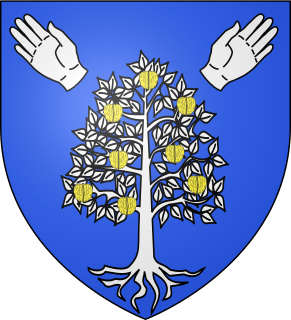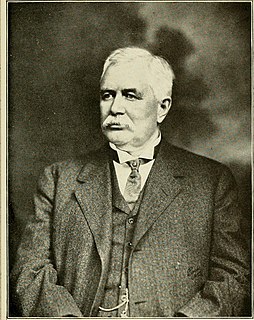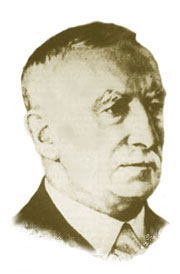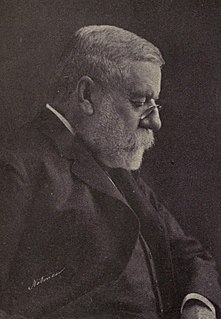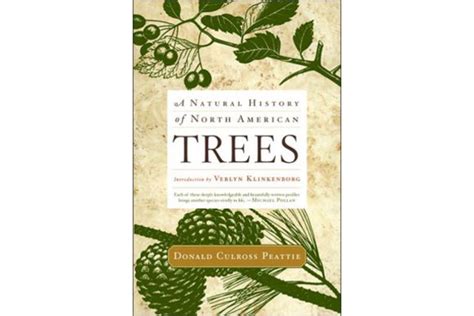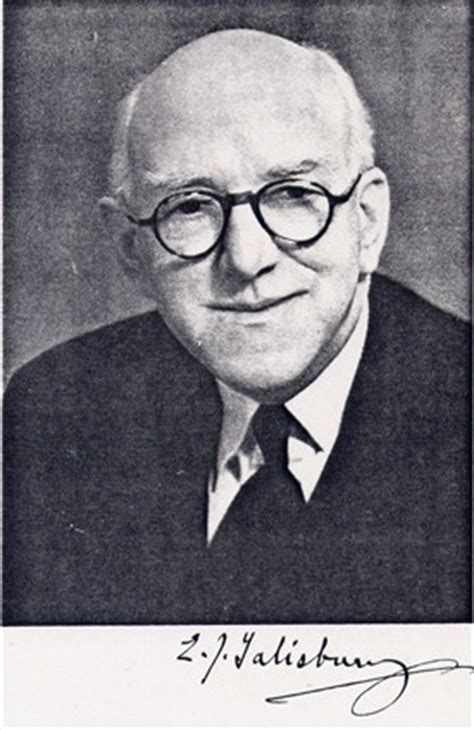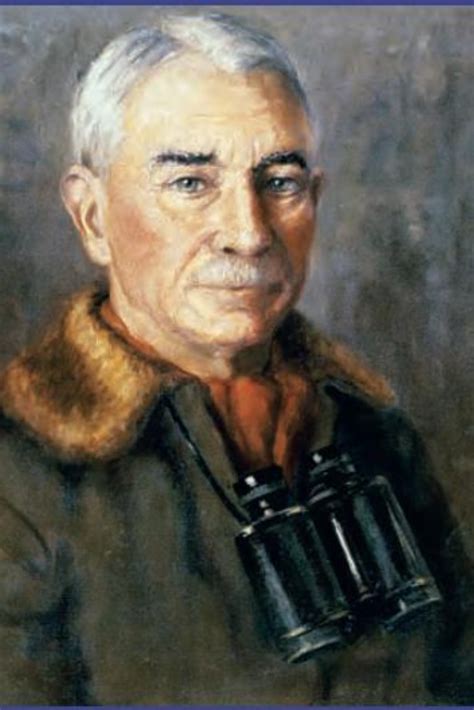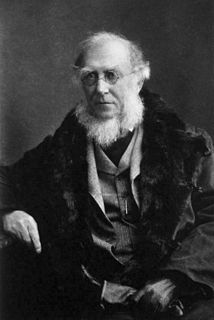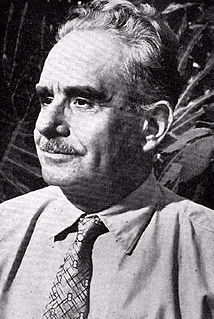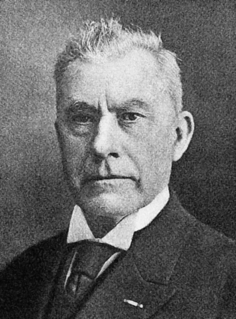A Quote by David Fairchild
...the need for a garden of rare palms and vines and ornamental trees and shrubs which would be near enough to a growing city to form a quiet place where children with their elders could peer, as it were, into those fascinating jungles and palm glades of the tropics which have for generations stimulated the imaginations of American youth.
Related Quotes
The primary purpose of the Legislature in establishing "Arbor Day," was to develop and stimulate in the children of the Commonwealth a love and reverence for Nature as revealed in trees and shrubs and flowers. In the language of the statute, "to encourage the planting, protection and preservation of trees and shrubs" was believed to be the most effectual way in which to lead our children to love Nature and reverence Nature's God, and to see the uses to which these natural objects may be put in making our school grounds more healthful and at-tractive.
There's something rather wonderful about the fact that Oxford is a very small city that contains most of the cultural and metropolitan facilities you could want, in terms of bookshops, theatre, cinema, conversation. But it's near enough to London to get here in an hour, and it's near enough to huge open spaces without which I would go insane.
It would be hard to imagine Heaven without children. It wouldn't be Heaven! It would be a pretty boring place without children. What are we going to do, all get to be old people and then stagnate and that's the end of it? Once all those that are already born grow up, the place would really lack life without new generations of children! If there were no children, it would be a dead society.
Zen is to religion what a Japanese "rock garden" is to a garden. Zen knows no god, no afterlife, no good and no evil, as the rock-garden knows no flowers, herbs or shrubs. It has no doctrine or holy writ: its teaching is transmitted mainly in the form of parables as ambiguous as the pebbles in the rock-garden which symbolise now a mountain, now a fleeting tiger. When a disciple asks "What is Zen?", the master's traditional answer is "Three pounds of flax" or "A decaying noodle" or "A toilet stick" or a whack on the pupil's head.
God made a beauteous garden With lovely flowers strown, But one straight, narrow pathway That was not overgrown. And to this beauteous garden He brought mankind to live, And said "To you, my children, These lovely flowers I give. Prune ye my vines and fig trees, With care my flowers tend, But keep the pathway open Your home is at the end." God's Garden
I started inventing things, and then I couldn't stop, like beavers, which I know about. People think they cut down trees so they can build dams, but in reality it's because their teeth never stop growing, and if they didn't constantly file them down by cutting through all of those trees, their teeth would start to grow into their own faces, which would kill them. That's how my brain was.
Given for one instant an intelligence which could comprehend all the forces by which nature is animated and the respective positions of the beings which compose it, if moreover this intelligence were vast enough to submit these data to analysis, it would embrace in the same formula both the movements of the largest bodies in the universe and those of the lightest atom; to it nothing would be uncertain, and the future as the past would be present to its eye.

